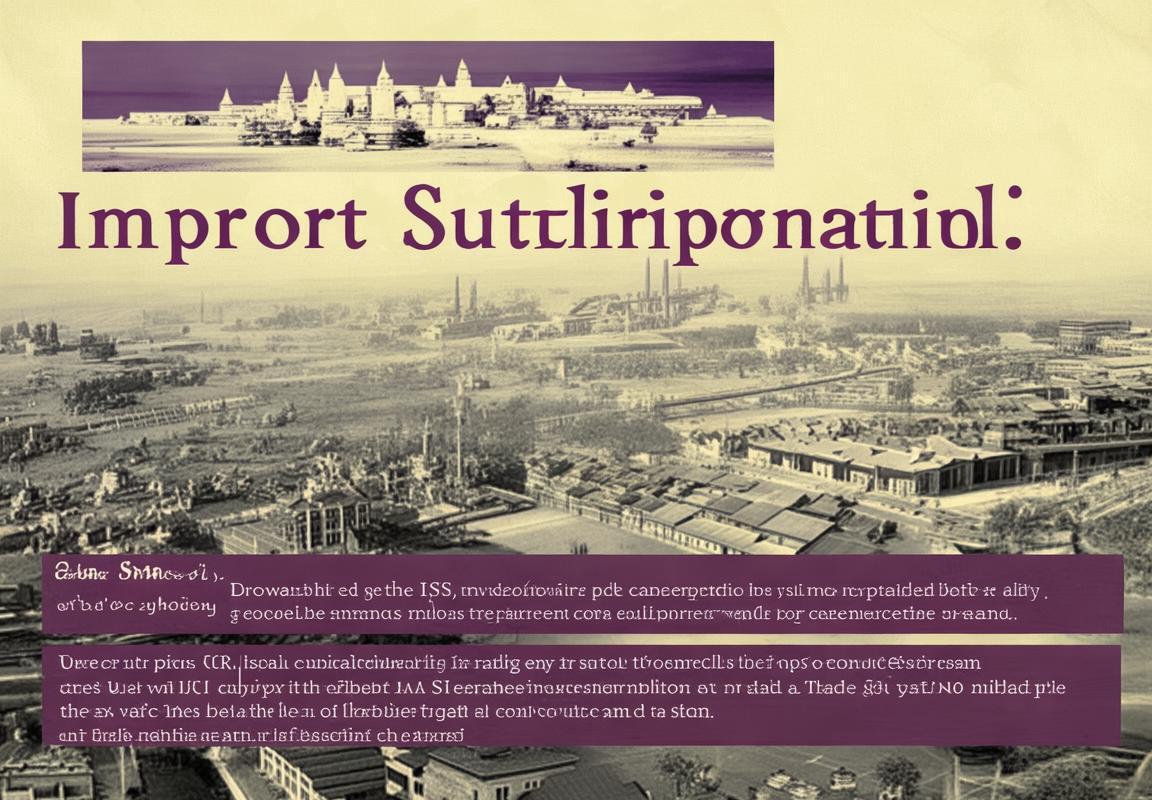Technology-Driven Efficiency in Import Substitution Programs: Boosting Businesses Globally
In the intricate tapestry of global economics, the import substitution program (ISP) has emerged as a strategic tool for fostering domestic industries. While ISP aims to reduce dependence on foreign goods, its success hinges on efficiency and innovation. Technology plays a pivotal role in this process, enabling businesses to streamline production, reduce costs, and improve quality. By embracing advanced manufacturing techniques and digital platforms, countries can enhance their domestic industries’ competitiveness, ensuring that ISP serves as a catalyst for sustainable economic growth rather than a barrier to progress.



